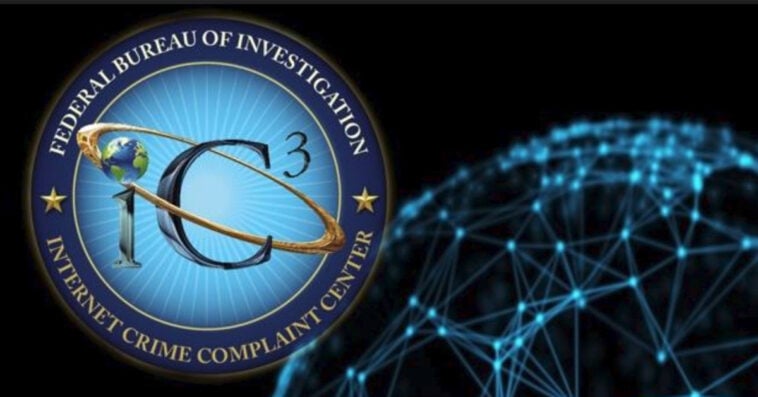After experiencing the trauma of being a victim of crime, the last thing anyone expects is to be targeted again. Unfortunately, a sinister scam is doing just that—preying on people at their most vulnerable. This new scheme uses incredibly convincing, bogus FBI websites to lure victims into a second, more costly trap. Nearly indistinguishable from the official FBI page, these fake sites exploit victims’ hope for justice while hiding a darker purpose: stealing personal data, bank details, and hard-earned money. Read on to uncover how these fraudulent sites operate, the red flags you need to spot, and the crucial steps to protect yourself before you become their next target.
FBI warns public of spoofed IC3 websites used to steal personal data
The FBI is warning the public about a dangerous new cyber scheme involving fake versions of its Internet Crime Complaint Center (IC3) website. These counterfeit sites, known as “spoofed” websites, are designed to look almost identical to the real thing, to deceive visitors and steal their personal or financial information. By copying the FBI’s official page, scammers create a false sense of trust—only to exploit it for criminal gain.
What makes these fake sites especially convincing is the way cybercriminals manipulate web addresses. A single letter change, an added character, or a switch from “.gov” to “.com” can be enough to fool unsuspecting users. Once on the site, victims may unknowingly hand over sensitive details such as names, addresses, phone numbers, emails, and even banking information—thinking they are securely communicating with federal authorities.
The danger is especially high because many people visit the IC3 site to report scams or cybercrimes, expecting help from law enforcement. Instead, these fraudulent look-alike pages exploit that trust, turning victims into targets once again. Rather than exposing criminals, individuals may end up delivering their private data straight into the hands of those running the scam.
How to avoid fake FBI websites
The FBI is urging everyone to take extra precautions to make sure they’re on the real IC3 website and not a convincing fake. Follow these tips to protect yourself and your information:
- Type it yourself: The safest way to get to the IC3 website is to type www.ic3.gov directly into your browser’s address bar. Don’t use a search engine or click on links you see in emails or on social media.
- Avoid “sponsored” links: If you do search for the IC3 site, be careful. Scammers often pay for their fake sites to show up at the very top of search results as “ads” or “sponsored” links.
- Check the URL for “.gov”: All official U.S. government websites end with .gov. If you see a site with the FBI or IC3 name that ends in .com, .org, or .net, it’s a fake.
- Look for red flags: A fake website might look slightly off. Watch for low-resolution logos, sloppy writing, or a design that seems outdated or unprofessional.
- Never share sensitive details: A legitimate government site will never ask for unnecessary information, like your bank account number or social security number, just to file a report. If a site asks for details that feel out of place, close it immediately.
How to report fake FBI websites
If you’ve spotted a fake FBI website or believe you’ve been a victim of one, it’s crucial to report it right away. You can file your report directly on the official IC3 website at www.ic3.gov or by contacting your local FBI Field Office.
The more detail you provide, the better. When you file a report, be sure to gather as much of the following information as you can:
- Scammer’s Contact Details: Any names, phone numbers, or email addresses used to contact you.
- Communication Methods: The exact website addresses, email accounts, or phone numbers involved in the fraud.
- Financial Information: Details about any money you lost, including dates of transactions, payment methods (such as wire transfers, gift cards, or crypto), amounts, and any account or wallet numbers.
- A Detailed Narrative: A full description of your interaction. Explain how the scam started, what they asked you to do, what information you gave them, and any other relevant details that can help investigators.
Your report provides the FBI with the information needed to shut down these criminal operations and protect others from falling for the same scam.
Source: The Cyber Security Hub

